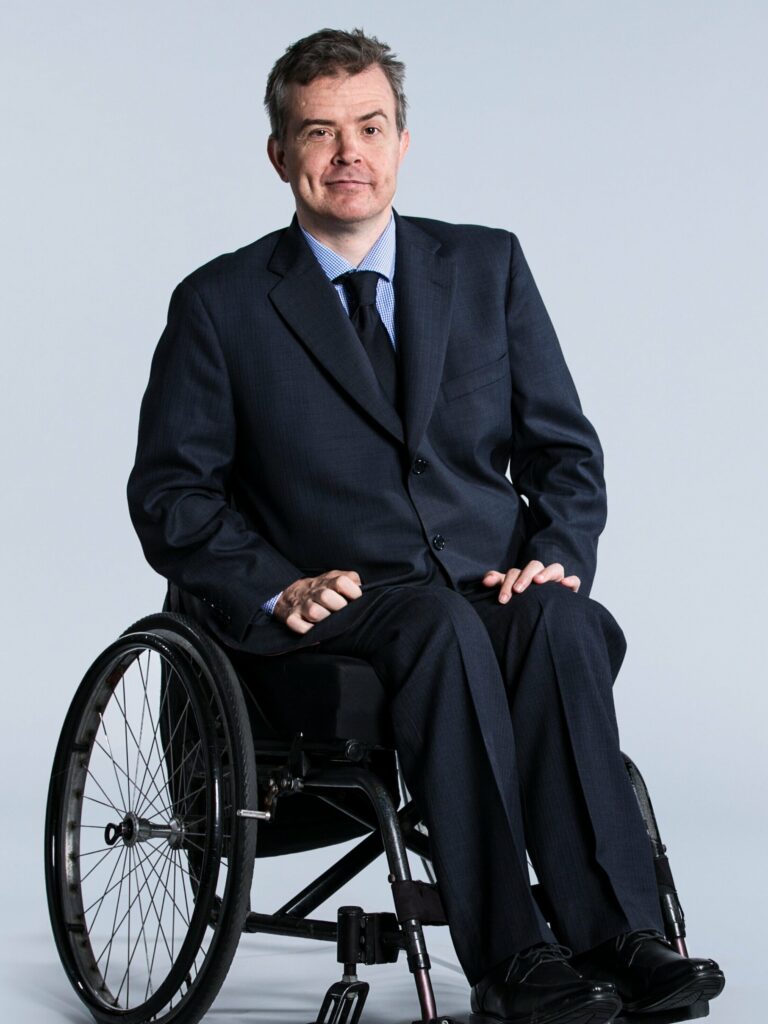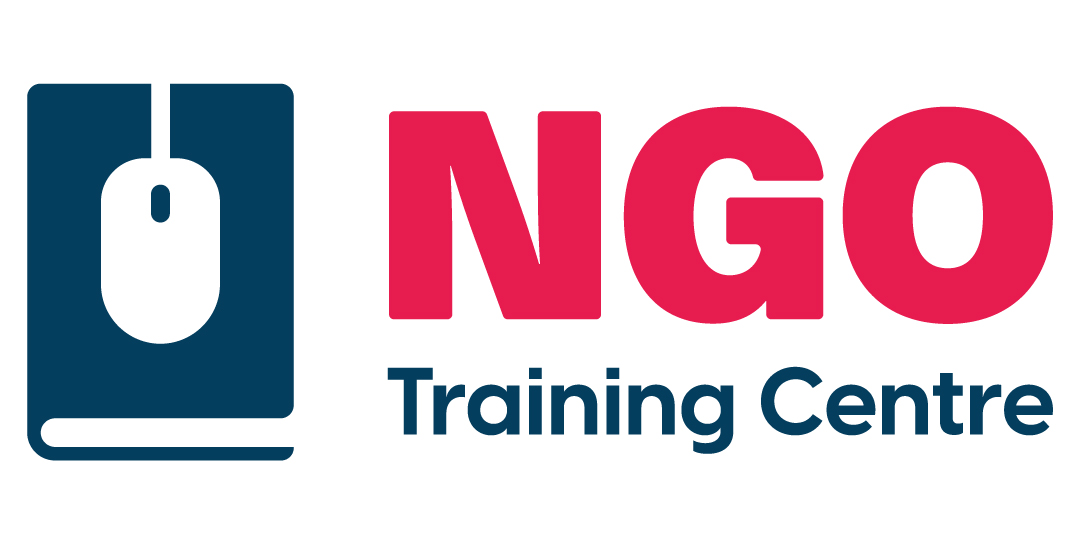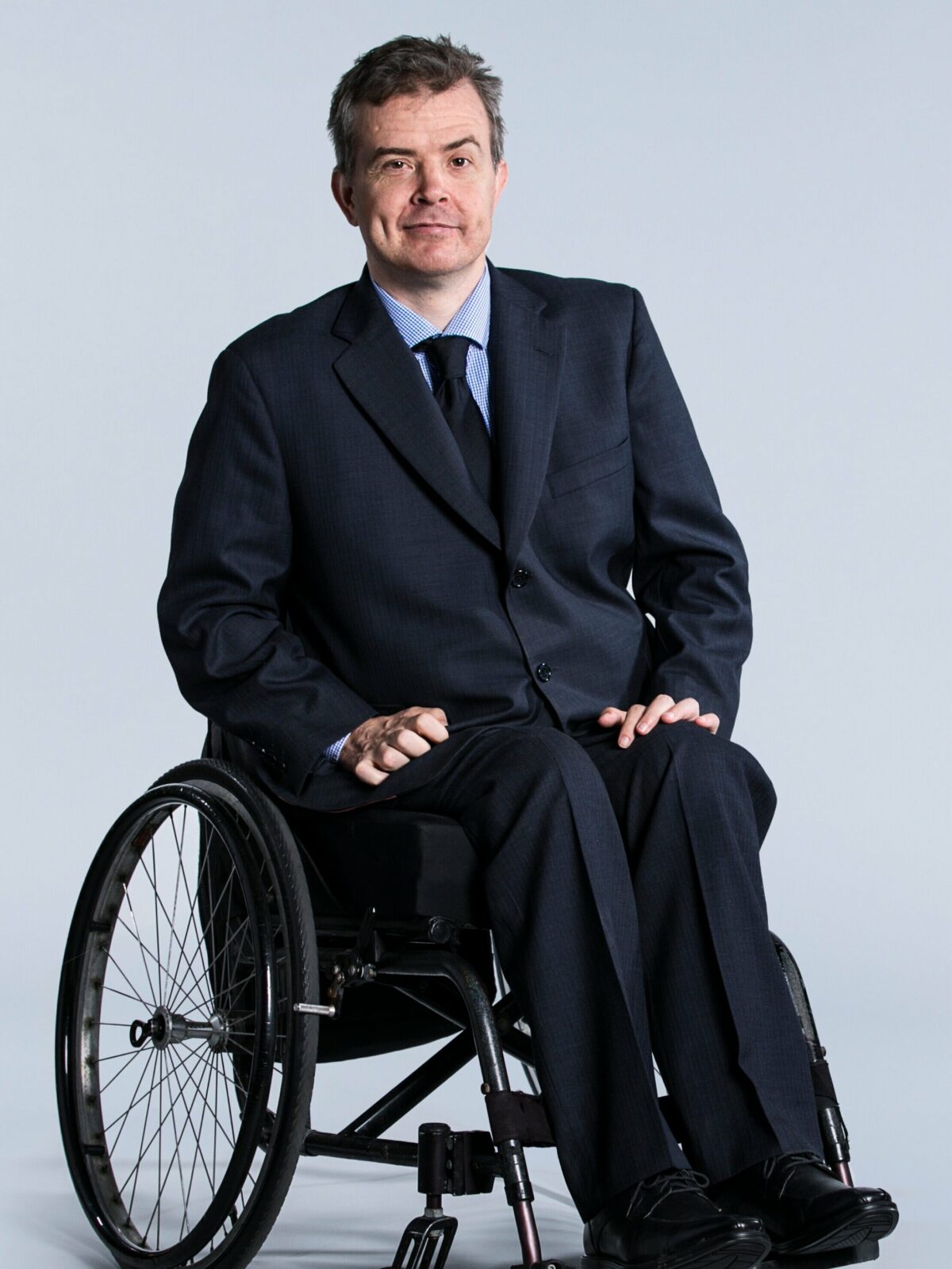
Dr. Ben Gauntlett Addresses Workforce Participation and Disability Policy Reform
Some members of the NGO Training Centre team had the honour of meeting Dr. Ben Gauntlett, Disability Discrimination Commissioner at the Australian Human Rights Commission recently in Sydney. Dr. Ben Gauntlet Addresses Workforce Participation and Disability Policy Reform ideas should be heard by everyone. Here are the key takeaways.
Dr. Ben Gauntlett, shed light on concerning statistics such as:
“The participation rate for people with disability is and has remained at 53% for 28 years. The participation rate for people without disability is 83%. The participation rate for people with disability includes people legally employed at or around $3 per hour”.
He outlined five key points to drive change and promote inclusion in the workforce.
1. The first point addressed the need for a Workplace Disability Equality Agency that would research, assess, and promote strategies for recruiting, retaining, and advancing people with disabilities in long-term careers.
2. Dr. Gauntlett emphasised the importance of community engagement in disability inclusion, revealing that less than 20% of the top 50 ASX listed companies have a disability action plan under the Disability Discrimination Act. He called for greater participation from businesses in developing and implementing comprehensive disability inclusion plans.
3. Law reform was the third point raised by Dr. Gauntlet, as 50% of all complaints received by the Australian Human Rights Commission pertain to disability discrimination, often within employment settings. He advocated for a regulatory framework that leads to systemic change and prevents exploitation, ensuring equal opportunities and protections for individuals with disabilities.
4. Dr. Gauntlet stressed the significance of analysing the interrelationship between employment, training, and other policy frameworks. He highlighted the potential trade-offs individuals with disabilities face between government support and pursuing employment, urging a review and potential refinement of policies such as the disability pension to better serve the diverse needs of the disability community.
5. In the final point, Dr. Gauntlet emphasised the importance of embedding people with disabilities in new industries and projects through training and work opportunities. He highlighted the need for universal design considerations upfront, aligning with the principle of diversity and inclusion.
In conclusion, Dr. Ben Gauntlet’s address shed light on the challenges faced by individuals with disabilities and their lower workforce participation rates. He advocated for policy changes in the form of a Workplace Disability Equality Agency, greater community engagement, law reform, comprehensive analysis of policy frameworks, and increased opportunities for training and work integration. By addressing these key areas, Dr. Gauntlet aims to create a more inclusive society where good disability policy benefits all Australians, recognising that 4.4 million Australians live with disabilities and 2.65 million have caring responsibilities.
Follow Dr. Ben Gauntlett on LinkedIn: https://www.linkedin.com/in/ben-gauntlett-43a89938/





